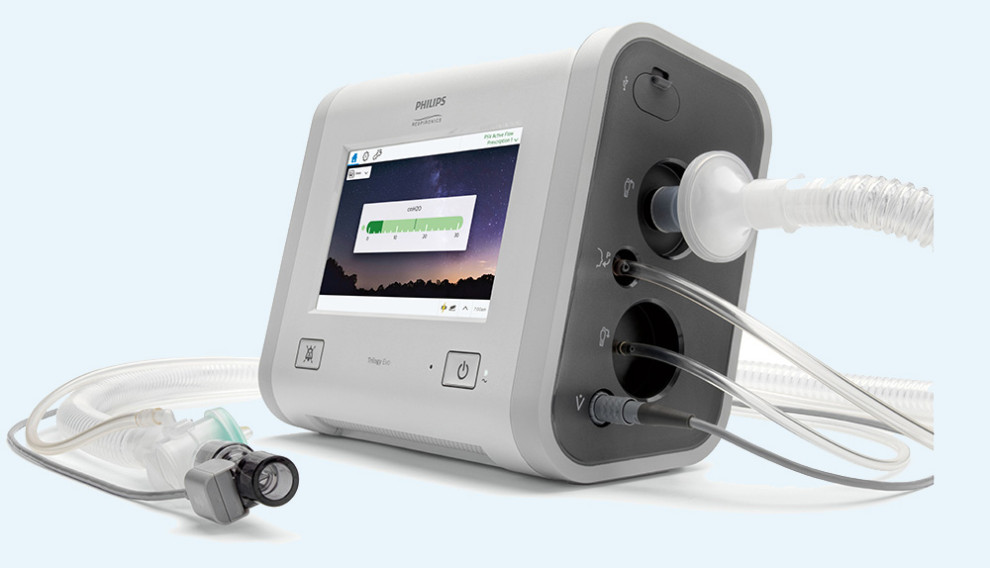
Photo Credit Philips North America
A few days ago I had a conversation with a friend of mine who teaches economics and finance at the university level. I wondered out loud why the invisible hand of the market didn’t generate increased production of N95 masks and other protective equipment for medical personnel, not to mention life-saving equipment like ventilators and respirators. It seems to me, I said, that the risk-taking entrepreneurs who drive free markets should have been able to recognize an upcoming requirement for expanded production by late January. Even if not sold immediately, these items will eventually sell, if only for government or health care system stockpiles.
My friend chuckled a bit and explained two things to me. First, the people who make decisions for late capitalist firms do not gamble. They are risk averse and wait for orders to come in so they don’t get stuck with inventory they cannot sell. This is why you can’t find bathroom tissue at your local grocery store. More importantly, my friend continued, late stage capitalists use their market power not to innovate but to block the threat of innovation by other firms by securing control of production and markets.
Reading the news this morning I happened to spot a good example of this.
If you have a New York Times subscription you can read the original article here. If not, Mother Jones excerpted the core of the story: Covidien, a firm (since acquired my Medtronic) that makes medical equipment, including ventilators, bought Newport Medical Instruments for $108 million in 2012, possibly to prevent production of less expensive portable ventilators that would compete with its own line of equipment.
“Thirteen years ago, a group of U.S. public health officials came up with a plan to address what they regarded as one of the medical system’s crucial vulnerabilities: a shortage of ventilators.
The breathing-assistance machines tended to be bulky, expensive and limited in number. The plan was to build a large fleet of inexpensive portable devices to deploy in a flu pandemic or another crisis.
Money was budgeted. A federal contract was signed. Work got underway.
And then things suddenly veered off course. A multibillion-dollar maker of medical devices bought the small California company that had been hired to design the new machines. The project ultimately produced zero ventilators.”
…
“The stalled efforts to create a new class of cheap, easy-to-use ventilators highlight the perils of outsourcing projects with critical public-health implications to private companies; their focus on maximizing profits is not always consistent with the government’s goal of preparing for a future crisis.” (emphasis mine)
This all took place some time back in the wake of SARS, MERS, bird flu and swine flu. Government agents attempted to prepare for future pandemics, potentially far more deadly. The important takeaway is that private markets did not allocate resources in ways that protect the long-term function of society rather than short-term profits – government did. Instead, private firms short-circuited this crucial effort.
Markets work very well in most economic sectors. They’ve given us a broad range of consumer products such as toasters and automobiles in a variety of price points. When I need a new one I can shop around for just the one I like at just the price point I can afford.
Not so much when it comes to health care, especially during medical emergencies. Can’t shop around for an ambulance or emergency room or cardiologist or trauma surgeon when needed. And this is not the only pandemic-related problem with for-profit health care: systems that ration medical treatment by ability to pay will include lots of people who won’t seek testing and treatment because they can’t afford it but will keep working and going out, thereby spreading the contagion unnecessarily and in ways that ultimately cost the economy more.
It’s time to shift health care in the US to a single-payer system that treats providers as non-profits or utilities. This would strengthen our society and the economic foundation it relies on. We need to put peoples’ lives and health over profits and stop letting private firms make decisions that hurt all of us while enriching a few.
